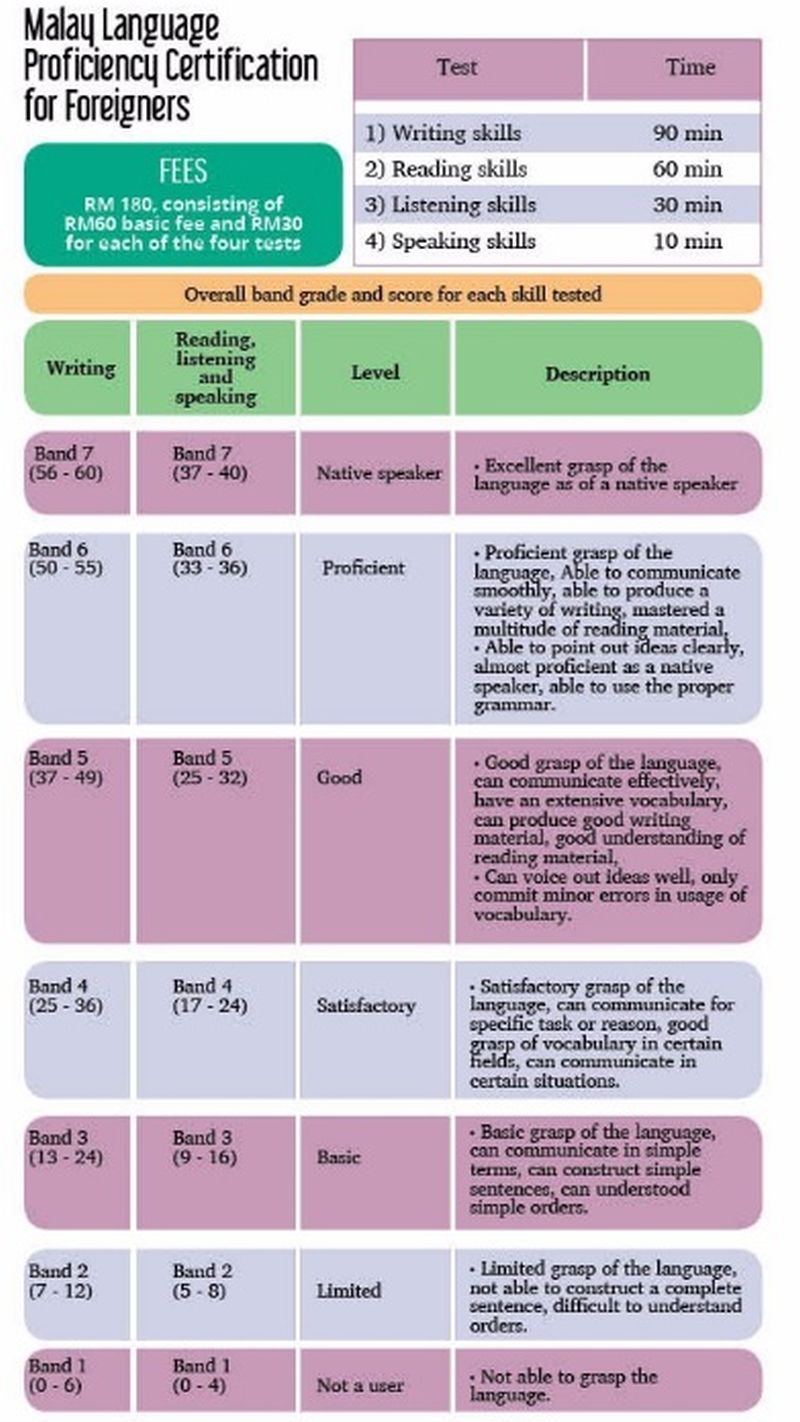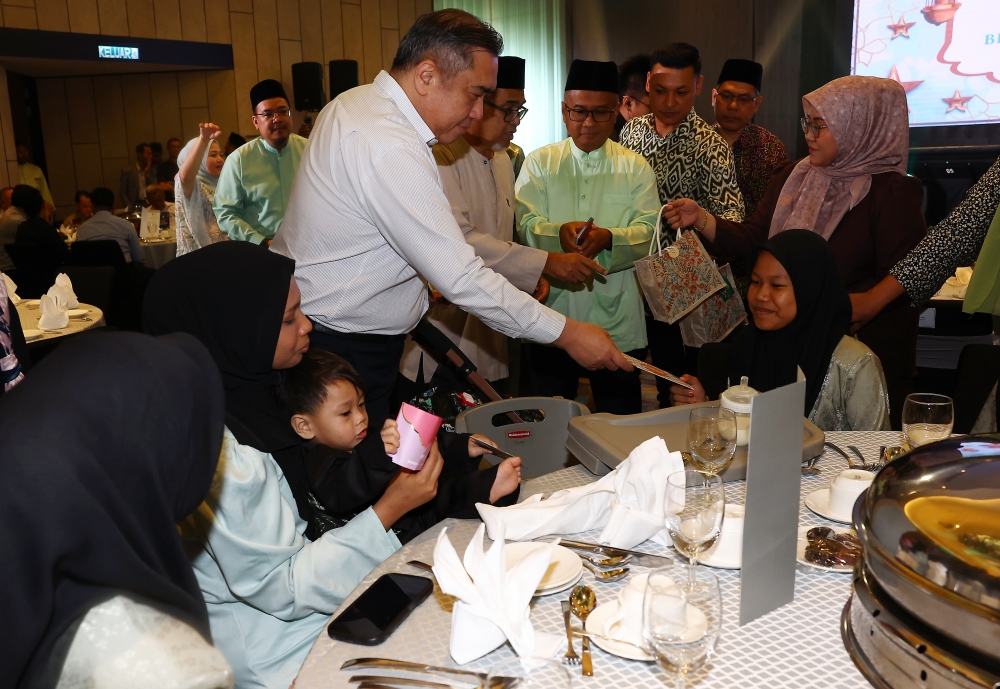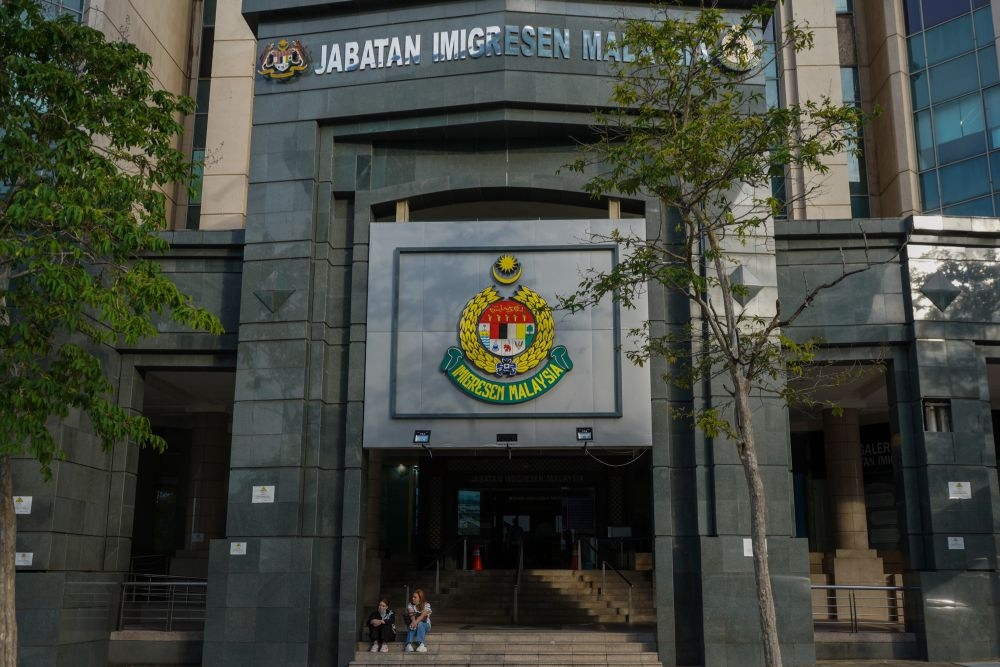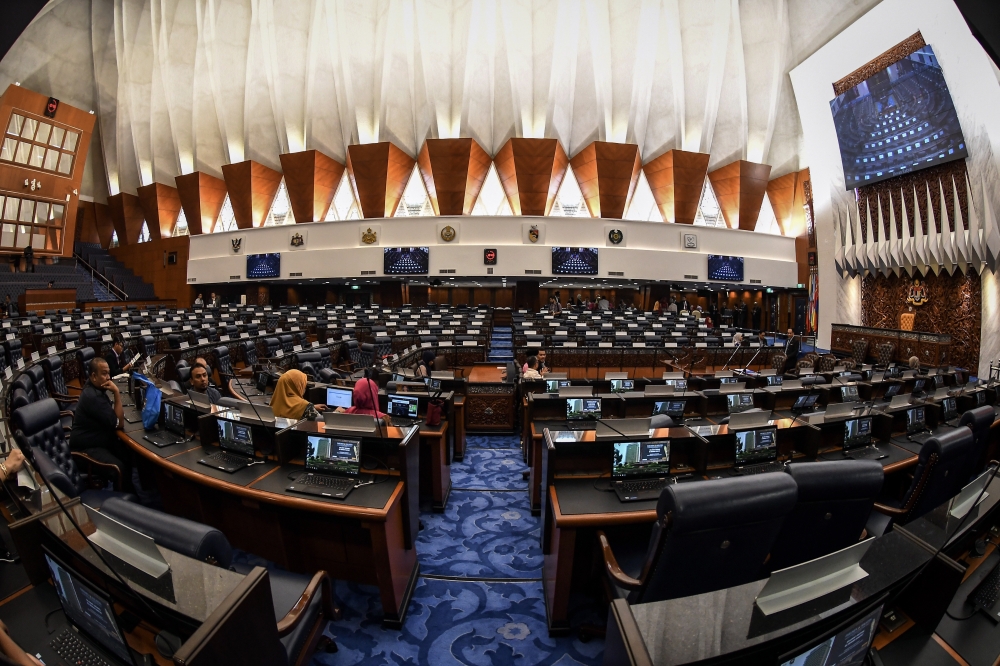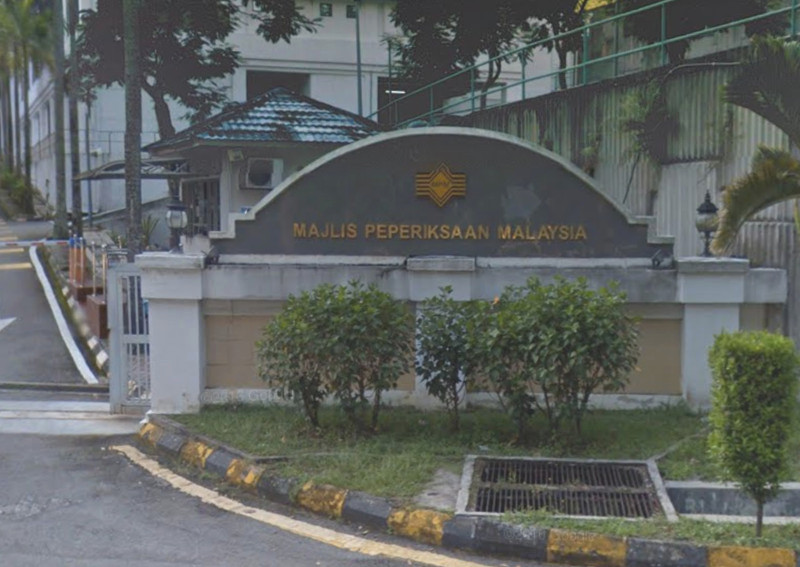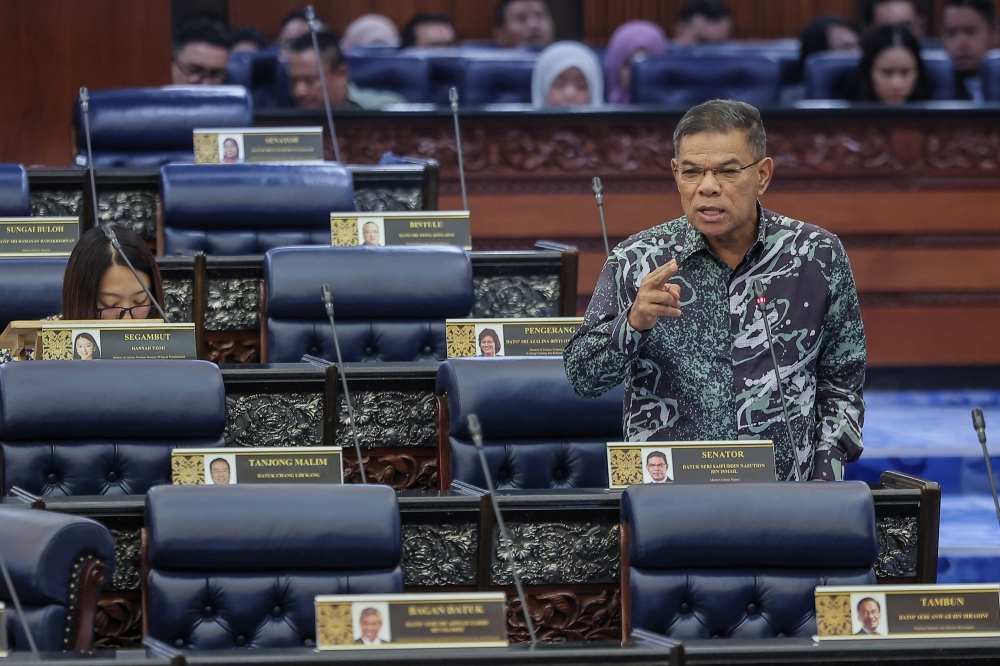KUALA LUMPUR, Dec 8 — The Malaysia Examination Council has introduced a new certification for expatriates and foreigners, who wish to prove their proficiency in the Malay language.
The Malay Language Proficiency Certification for Foreigners (SKBMW) will be available starting next October after a trial test two months ago, involving 20 foreign students from several public universities, proved to be a success.
Council chairman Datuk Seri Mohamed Mustafa Ishak said the test was available for those who wished to strengthen their command of the Malay language.
“Anyone from diplomats, workers and students to housewives can sit for the test,” he told reporters yesterday.
Mustafa said the certification was designed with psychometrics — the study of education — from various public universities and in partnership with Dewan Bahasa dan Pustaka.
The test is to measure the comprehension and understanding of the national language among foreigners who have lived in the country for over a year.
“It would be the ultimate barometer of their Malay language proficiency. It would motivate and empower them to achieve the highest result and take home a certificate accredited by the council,” he said.
Mustafa said the council would conduct the test more regularly if there was a demand.
“We aim to conduct it once a year in October, but if the demand is huge then we can conduct more than once a year,” he said.
“However, the location of the test would be determined by the closest midway point among applicants, to ease logistics for all parties.
“We would let the government and the public decide whether making the test compulsory for foreign students or workers coming into the country is suitable. In the meantime, we will continue to improve and work on the test.”
Mustafa also said the council would cooperate with Cambridge English Language and Cambridge International Examinations to strengthen the Malaysian University English Test (MUET) and the Malaysian Certificate of Higher Education (STPM).
According to him, the collaboration with Cambridge, which would take 18 months, aimed to standardise MUET to be on par with the Common European Framework of Referrence (CEFR).
“MUET is currently only recognised in Malaysia and Singapore, but we hope once the process is complete, it will be recognised worldwide,” he said.
CEFR is recognised in Mexico, Japan and Thailand, among other countries.
“The move is necessary to raise the confidence of local students and attract foreigners who wish to study here,” he said.
